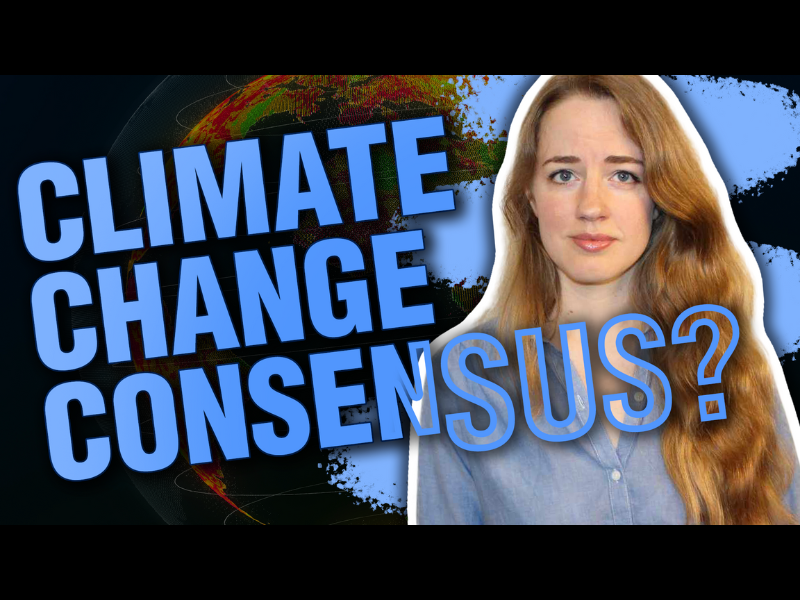U.S. Senators Tom Carper (D-DE) and Susan Collins (R-ME) have introduced a bill they say will increase investment in offshore wind power.
The Incentivizing Offshore Wind Power Act would extend a 30 percent investment tax credit (ITC) to offshore wind projects that start construction by January 1, 2027 or the year after the United States has reached 3,000 megawatts of new offshore wind capacity, whichever is later.
Under current law, offshore wind projects received a 30 percent investment tax credit until 2016, at which time the tax credit began to decline and, absent renewal, would lapse at the end of this year.
Proponents of the ITC extension, such as Carper, say continuing it will create jobs and reduce the need for fossil fuels.
“By harnessing offshore wind energy, we can create good-paying jobs, reduce our reliance on dirtier sources of power and provide more affordable electricity to consumers—all while helping to combat the worsening climate crisis,” Carper said in a press release announcing the bill he introduced in June.
‘False Statements’
Carper is not telling the truth about offshore wind power, says John Droz Jr., founder of the Alliance for Wise Energy Decisions.
“In just that one sentence from his press release, Sen. Carper has managed the dubious feat of making four misleading and/or false statements,” said Droz. “We can already create millions of jobs by requiring 20 percent of the public to use horse transportation, so his jobs claim is specious.
“Wind energy is married to an augmenting fast-responding electricity source, which typically is gas; ergo more wind means more natural gas, one of the supposedly dirty sources of power Carper rejects,” Droz said. “Offshore wind energy is five to six times the cost of onshore conventional sources of electricity, so the term ‘affordable’ is particularly egregious, and there is zero scientific proof wind energy consequentially reduces carbon dioxide emissions, so any ‘climate’ claims are wishful thinking.”
Waste of Tax Breaks?
Extending tax credits for wind energy would be an environmentally damaging special-interest favor, says Jay Lehr, a senior policy analyst with the International Climate Science Coalition.
“When one considers the energy expended in mining, refining, and formulating the aluminum, cement, rare earths, and steel required to construct wind turbines, no wind turbine in its 15-year life ever delivers more energy than is required to construct them,” Lehr said. “In addition, the number of birds and bats killed by wind turbines exceeds the number protected by all the conservation regulations ever instituted by the federal government.
“And although the intent of the tax credit is to replace energy obtained from fossil fuels, wind power must be backed up 100 percent with power plants utilizing fossil fuels for the common periods when the wind does not blow or blows too strongly,” said Lehr.
Kenneth Artz ([email protected]) writes from Dallas, Texas.
Official Connections
Sen. Tom Carper (D-DE): https://www.carper.senate.gov/public/; https://www.carper.senate.gov/public/index.cfm/email-senator-carper
Sen. Susan Collins (R-ME): https://www.collins.senate.gov/; https://www.collins.senate.gov/contact





